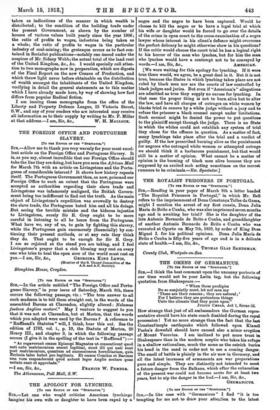negro and the negro to have been captured. Would he
choose to kill the negro or to have a legal trial at which his wife or daughter would be forced to go over the details of the crime in open court to the cross-examination of a negro lawyer whose interest in his client's defence might overcome the perfect delicacy he might otherwise show in his questions? If the critic would choose the court trial he has a logical right to his horror of the man who lynches, but for him the man who lynches would have a contempt not to be conveyed by [We were waiting for this apology for lynching. If it were true there would, we agree, be a great deal in it. But it is not true, because the States in which lynching takes place are not ruled by black men nor are the courts of law controlled by black judges and juries. But even if "American's" allegations are admitted as true they supply no excuse for lynching. In that case the proper thing is not to burn alive but to alter the law, and have all charges of outrages on white women by blacks tried in camera by a white judge without a jury and to refuse the prisoner a black counsel except under limitations. Such counsel might be denied the power to put questions to the plaintiff except through the judge. There is no State in which the whites could not establish any system of trial they chose for the offence in question. As a matter of fact, many lynchings take place after the trial and a verdict of guilty. If the law prescribed burning alive as the punishment for negroes who outraged white women or attempted outrage we should think it a barbarous punishment, but that would still be a matter of opinion. What cannot be a matter of opinion is the burning of black men alive because they are supposed by an excited mob acting sometimes on the merest rumours to be criminals.—En. Spectator.]














































 Previous page
Previous page